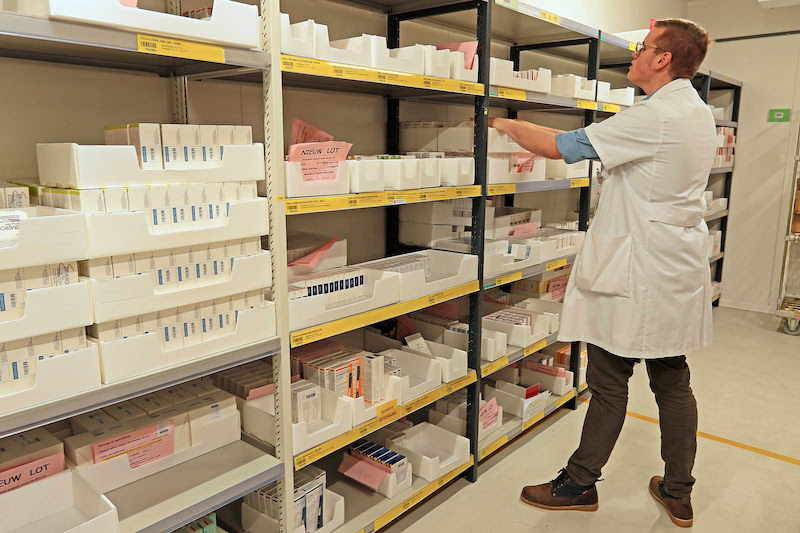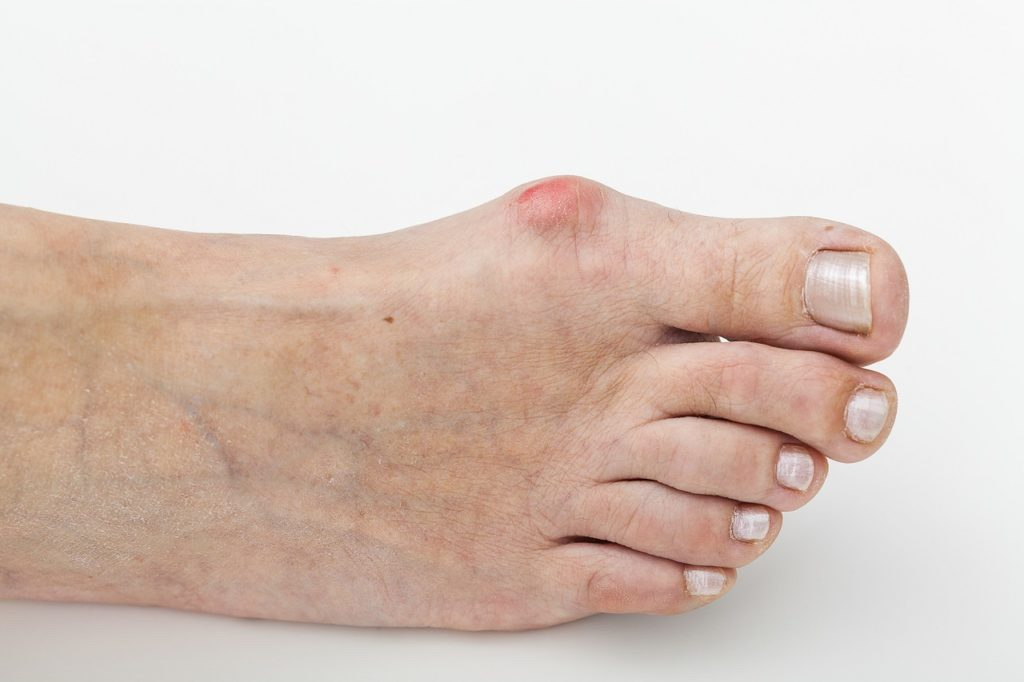
Kidney stones and cardiovascular problems?
Is it possible to prevent the formation of kidney stones?
First of all if we have family members of first or second generation who have suffered from nephritic colics we must be vigilant, because we know that 50% of patients forming calculations, it is by inheritance. Secondly should take into account the diet. The formation of calcium stones will be 50% of genetic origin, the rest will be closely linked to the diet. The intake of calcium-rich substances as well as which contain large amounts of sodium, potassium, oxalate, etc…They will increase the risk of form stones in the urinary tract. If in addition we eat little liquid, less than a liter and a half of water a day have created the perfect situation for a renal colic.
That evidence should do us when we’ve endured repeatedly nephritic colics?
Disease or functional alterations of our organism rarely occur in isolation, therefore always must try to find the source of the problem and not settle only for solve it.
This simple, but very useful, studies are required:
-Metabolic study: consists of a few analysis of blood and urine for 24 h. This analysis, will discover if elements such as sodium, potassium, oxalate, uric acid… found in a proportion appropriate both blood and urine.
-Bone densitometry: allows us to discover if our body is destroying the bone to get calcium
-Occasionally a vascular study that will allow us to know if this calcium may be accumulating in our arteries
-Tests of image such as radiology, CT…That you indicate us if calculations are forming in our urinary tract even though we are not realizing.
If having done everything possible, stones have been formed in the kidneys can be calm, technological advances such as extracorporeal shock wave lithotripsy, endoscopic lithotripsy…Can to solve more than 90% of cases in a simple and very effective.
In our international hospital MEDIMAR lithiasis unit we recommend:
-early diagnosis of kidney stones<br
-appropriate treatment: shock wave
-study to prevent the formation of urinary lithiasis




